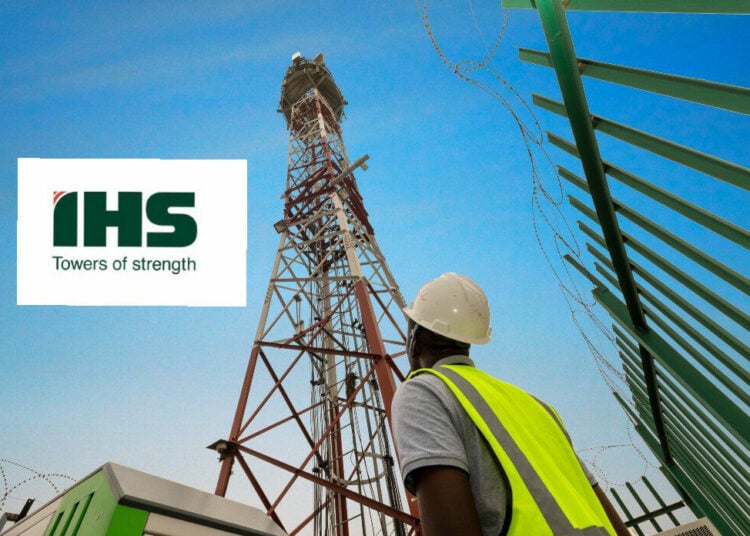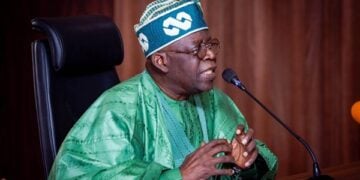Communications infrastructure outfit, IHS Nigeria Limited, an arm of IHS Towers Group, has launched a digital literacy and school connectivity programme in Nasarawa State. In partnership with the Nasarawa State government and the United Nations Children’s Fund (UNICEF). The programme targets 100 teachers and provides 50 secondary schools with internet-enabled routers.
The initiative, implemented by the Focus Teens Foundation, with technical support from MTN Nigeria, is part of a broader effort to advance UNICEF’s goal of connecting all schools globally by 2030.
Speaking at the event, Titilope Oguntuga, director, Sustainability, IHS Nigeria said, “This is more than just a training programme, it is a collective investment in the future. A commitment to empowering students, supporting teachers, and strengthening communities through improved access to technology and essential digital skills.
“Through this programme, we are not only connecting schools to reliable digital infrastructure but also enabling access to the Nigeria Learning Passport (NLP)—a powerful e-learning platform that equips both teachers and students with quality resources for continuous learning.”
According to the executive director, Focus Teens Foundation, Olaonipekun Kazeem, the programme goes beyond the donation of devices, it also includes digital literacy training for ICT teachers and school representatives, as well as putting in place a monitoring system to ensure proper usage of the resources provided.
“We have 50 schools here with 100 representatives present for this phase. This is the fifth state we are engaging in, after Osun, Kwara, Abia, and Jigawa States.
“ Internet data will be provided to all participating schools over a one-year period, and from the back-end, IHS can monitor usage to ensure these devices are not lying idle”, Olaonipekun said.
He added that support mechanisms designed to help teachers and students maximise the benefits had been put in place and schools that failed to utilise the devices would be flagged to the state authorities.
Director of Planning, Research and Statistics in the Nasarawa State Ministry of Education, Hassan Mohammed, representing the Commissioner for Education, described the programme as a “complete departure from the analogue system of education,” which aligned with Governor Abdullahi Sule’s policy thrust on promoting digital education within the state.
According to the state government representative, “The devices given to Nasarawa State are a very big boost to our education initiative.”
“However, principals and teachers are warned against hijacking or underutilising these tools. They are for classroom use, and anyone found diverting them will face sanctions,” Mohammed stressed.
The programme reflects a growing trend of corporate development partnerships between public and private institutions, aimed at bridging Nigeria’s digital divide by combining infrastructure, training, and monitoring to close the gap.
Stakeholders at the programme said that the project would enhance teaching quality, improve digital literacy among students, and contribute to the state’s long-term human capital development.





